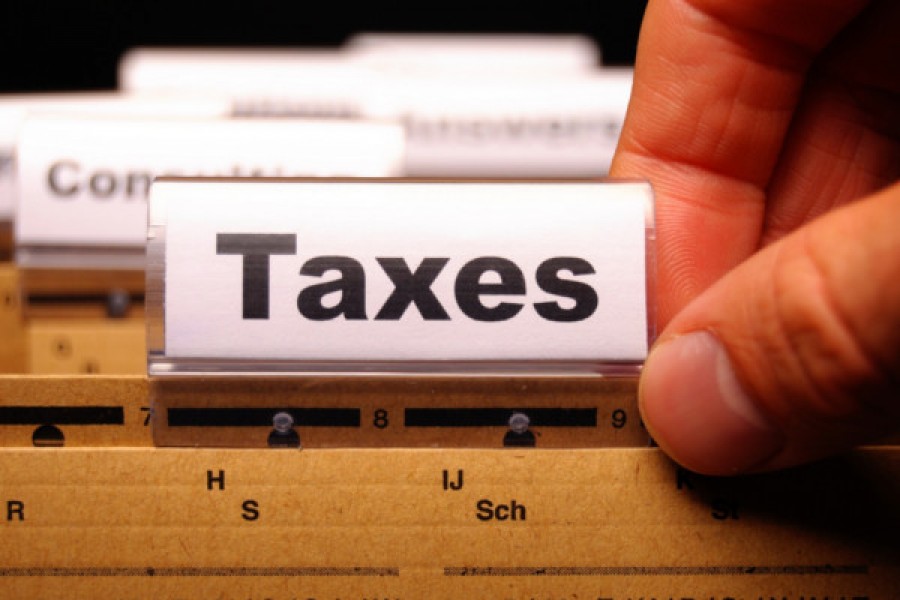Bangladesh is set to become a developing country in 2026 as it has fulfilled most conditions. But the country has been fairing badly in one particular area---tax-GDP ratio. The ratio is yet to cross the 10 per cent barrier while the average ratio for the developing countries remains at 15 per cent. Such low achievement has been primarily because of poor tax compliance in two major areas---income tax and value-added tax, which together fetch 85 per cent of the annual tax revenue.
In such a situation, the National Board of Revenue (NBR) has decided to be a bit innovative to reduce tax evasion by eligible taxpayers. A report published in this paper's Wednesday issue said the revenue board is likely to incorporate a provision into the next finance bill that would make submitting the tax return receipts mandatory while availing services from various private and public entities. Service seekers now submit copies of TIN (tax identification) certificates. The move ensures the submission of tax returns by the TIN holders, as less than one-third of them now submit returns. Although submission of tax returns is mandatory under the Income Tax law, most TIN holders manage to skip the same because of lax enforcement of the relevant provision.
The reasons for the tax-GDP ratio remaining at a very unsatisfactory level are quite a few. Both committed compliance on the part of taxpayers and compliance through proper enforcement of tax law by taxmen have been at a very low level in Bangladesh. Only a small percentage of potential taxpayers are registered with the system. Then again, the propensity among registered individuals and corporate taxpayers to skip tax payments is also strong. The compliance rate in the case of VAT returns by companies is also very unsatisfactory. Thus, all the factors necessary for the tax-GDP ratio to remain at a low level have always been there. It would be, however, unfair to ignore the improvement made in recent years in the matters of overall tax compliance. But the improvement has been far short of expectation.
Undeniably, the country needs sufficient domestic resources to execute its development projects and meet other recurrent expenditures. Though the government sets an ambitious tax revenue target in the budget every year, the actual collection turns out to be far less, leading to greater borrowing from the banking system or through the sales of savings tools. The domestic revenue mobilisation in the upcoming financial year is likely to be far more challenging because of a hostile internal and external environment. Tax revenue earnings might drop because of lower imports and a cut in duties and taxes to provide relief to consumers and companies. In such a situation, there is no alternative to strengthening the collection of taxes from individuals and corporate bodies. Besides, tax officials need to focus on efforts to reduce tax evasion. However, to make that happen, the NBR will have to increase workforce and logistics to their optimum level. It is nothing unusual for the taxpayers to avoid tax payments or pay less tax in a lax environment. But the job of the tax officials should be to detect that and ensure proper collection of tax.


